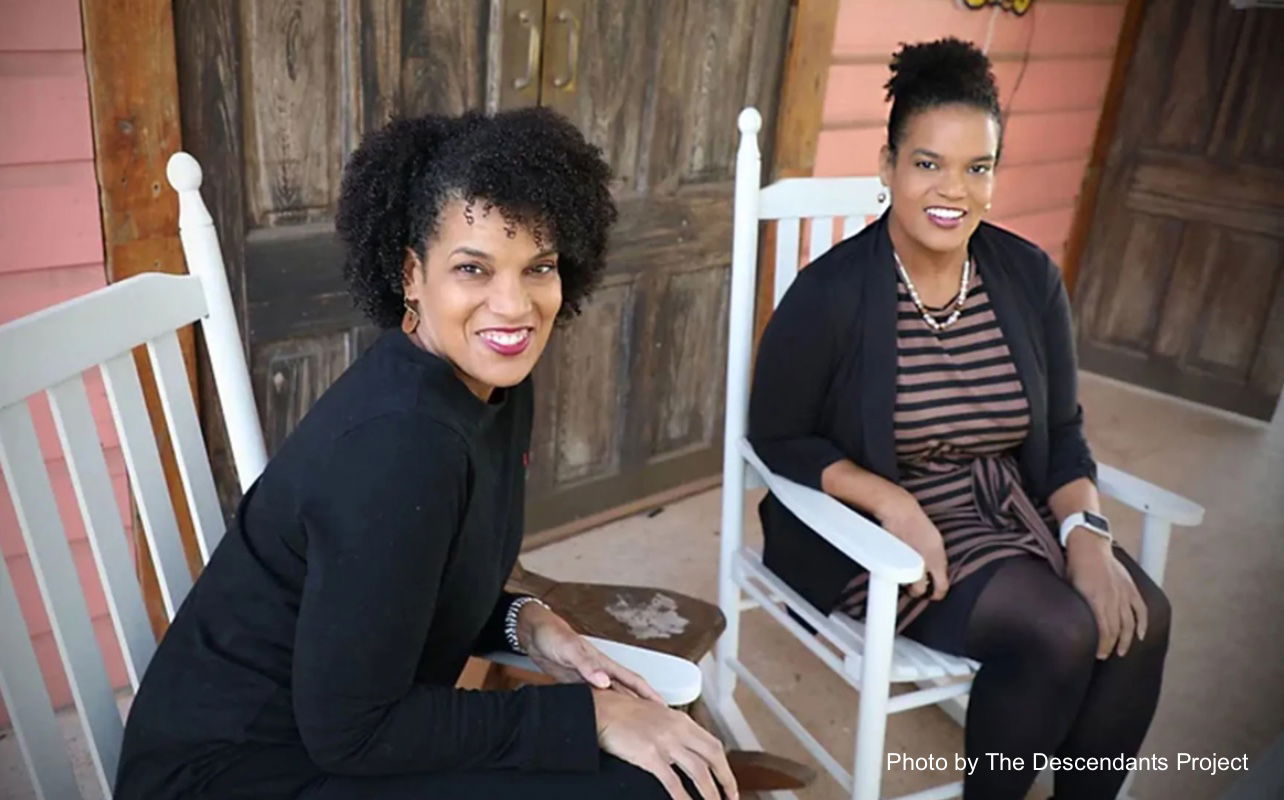
March 22, 2024
Louisiana Slave Plantation and Home of The 1811 Revolt Now Owned By Two Black Women
The ancestors are smiling!
For the first time in history, two Black women are owners of the land where their ancestors were once enslaved.
Co-founders of the Descendants Project, Dr. Joy Banner and her sister Jo Banner, are now the proud owners of the Woodland Plantation in LaPlace, Louisiana – the first time the plantation has been under Black ownership in 231 years.
While other grounds have been renovated to host events such as weddings, the nonprofit feels the historic land can be preserved for better use. In February 2024, the Banners announced that they plan on using the property for educational purposes, including archeology, museum studies, heritage, and tourism. “This is an extremely important historic site to this legacy of resistance,” Joy said.
“We believe that preservation of these sites are more important than ever because of the attacks on Black history in our education system in particular. Sites like these will have to be the ones telling these stories.”
The land itself has an incredible story to tell. Woodland is the place where slaves escaped a LaPlace plantation and marched along the Mississippi River toward New Orleans in the 1811 Revolt, also known as the largest slave revolt in American history. Jo says the nonprofit plans to use Woodland to tell the story of the revolt “in a way that hasn’t been told.”
“We want to tell the full story, the true story, and who better to tell this story than the descendants of the people who were enslaved at the plantation. The goal is to tell the story in an honorable way that doesn’t retraumatize Black visitors and makes them feel safe.”
Working to eliminate the repercussions of slavery that still exist, the group’s mission has moved from protecting the burial grounds of the enslaved to opposing river parish industrialization projects like the Wallace grain elevator. The preservation of Woodland is a great addition to those efforts.
“Throughout St. John the Baptist Parish, important sites like this one were in danger of being erased,” Joy said.
The Banner sisters want the land to be a genealogical resource for “Black people to have access to their history.” On top of working with descendants of enslaved people from the plantation, the site is expected to feature an exhibit dedicated to jazz trombonist Edward “Kid” Ory. Ory was born on the plantation grounds and was the inspiration behind the recent use of a dual-purpose museum highlighting the 1811 uprising and his life.
The Banner sisters hope to open the grounds by the summer of 2024, as ticket prices and other details are still being worked out.